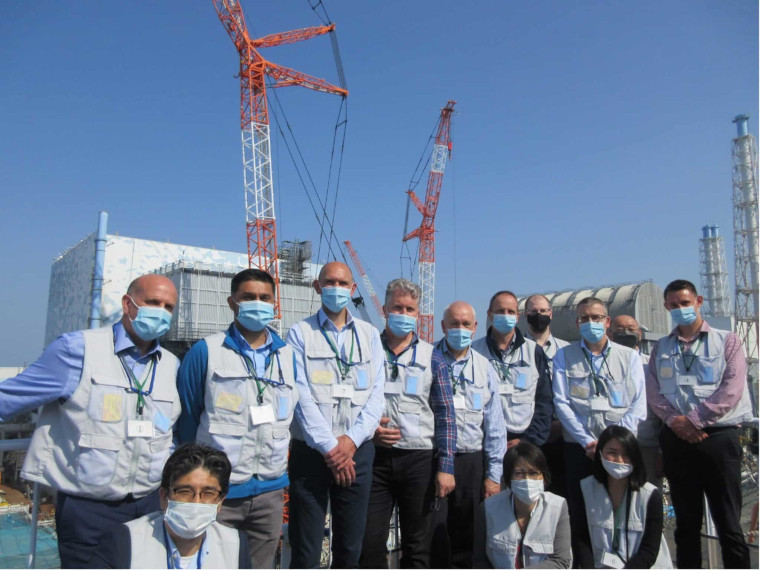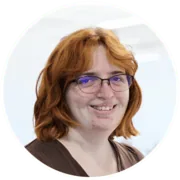LongOps: Faster and safer decommissioning
Developing digital tools to enable faster, safer and more cost-effective decommissioning.
Overview
LongOps spans remote handling for both the fusion energy and nuclear decommissioning sectors. These two sectors present some of the most challenging environments for remote handling.

There are many shared goals between these sectors: users at Fukushima, Sellafield and Joint European Torus (JET) need to develop solutions to conduct work:
- over many decades, hence long-term operations
- inside large, shielded spaces which contain hazardous material using remotely controlled ‘long-reach’ robotics
The Next Generation Digital Mock-Up
As part of the LongOps project, the Next Generation Digital Mock-Up (NG-DMU) is a cutting-edge virtual reality platform that simulates remote operations without the need for physical robots. It enables operators to plan, train, and test decommissioning strategies in a safe, low-risk environment. By linking digital twins with real-world data, NG-DMU supports informed decision-making in complex, high-consequence settings—enhancing safety, reducing costs, and accelerating progress.
The LongOps Project Report
This report outlines the work carried out and the significant progress achieved. It also features feedback from those directly involved—individuals who make difficult decisions daily to ensure successful mission delivery.
Download the LongOps Project Report – executive summary (PDF, 6MB)
Download the LongOps Project Report (PDF, 8MB)
The Haptic Training Simulator
UKAEA’s centre for Remote Applications in Challenging Environments (RACE)‘s Haptic Training Simulator is a training tool for robotics operators working at robotics projects in challenging environments including JET, Sellafield and Fukushima. The simulator provides a low-cost and low-risk environment for robot operators to develop their skills on haptic devices.
The most exciting part about working on LongOps is being part of the collaboration with our colleagues from TEPCO. Their use case is unique and it’s interesting to see how Next-Generation Digital Mock-ups will make a difference in interventions in harsh environments. Visiting Fukushima really brought home how our work has real world impact.



